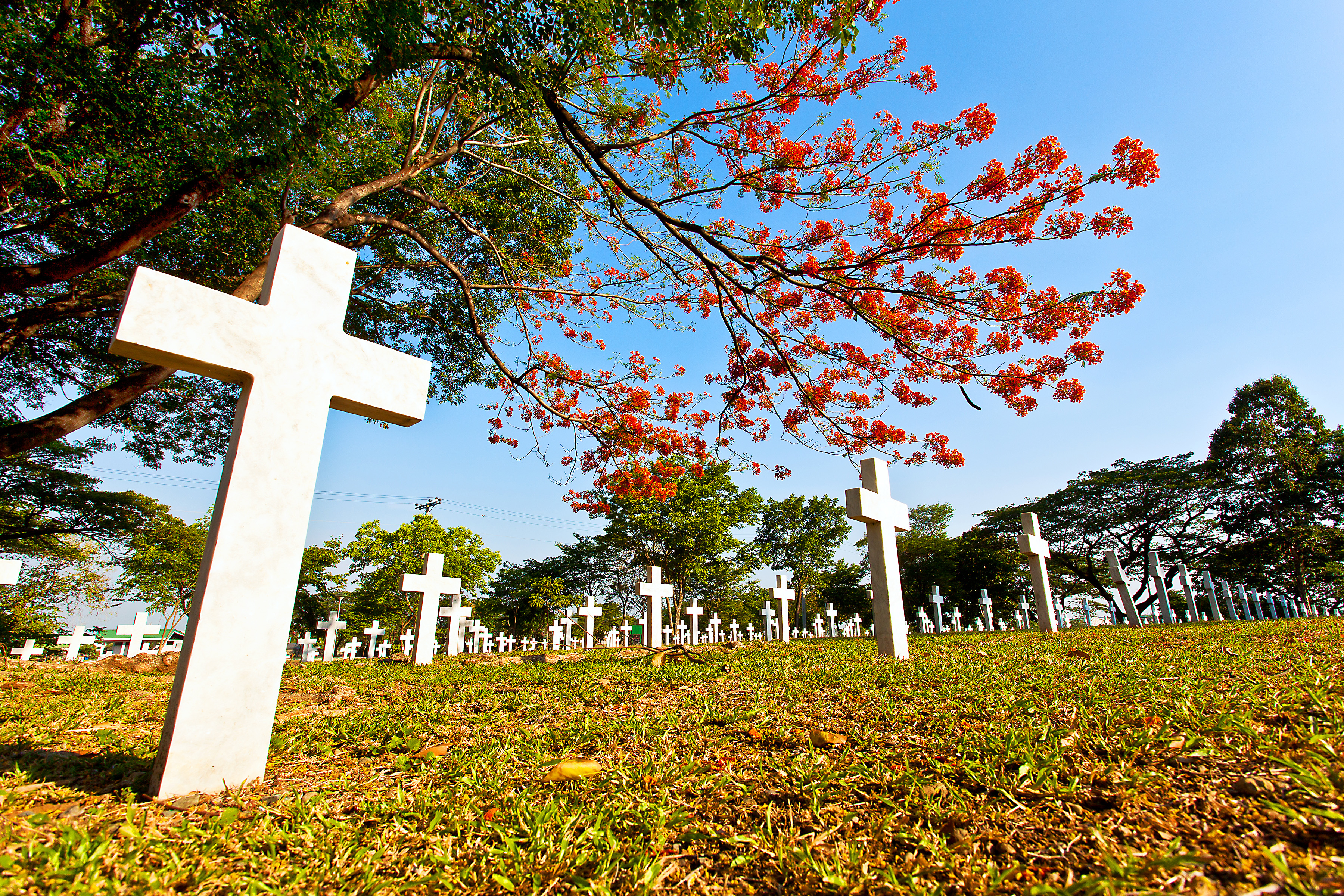Breaking
Philippine gov’t defends decision on hero burial for Marcos

Libingan ng mga Bayani (Heroes’ Cemetery). (Photo by RJCabagnot – Own work, CC BY-SA 3.0.)
MANILA, Philippines—The Philippine Supreme Court on Wednesday extended its temporary ban on the burial of late dictator Ferdinand Marcos at a heroes’ cemetery after a hearing at which some justices questioned whether President Rodrigo Duterte abused his executive power and violated laws by allowing the entombment, which is opposed by the Marcos regime’s human rights victims.
The court gave both sides 20 days to submit statements before making a ruling. An earlier court order temporarily halted the burial until Sept. 12 while the cases were being heard.
Solictor General Jose Calida defended Duterte’s directive, saying it is within the president’s power and a political issue that the court should not rule on. He said Marcos as a former president and war veteran who was not dishonourably discharged from the military is qualified to be buried at the military-run cemetery.
Burying a dictator accused of massive rights violations and corruption at the Heroes’ Cemetery has long been an emotional and divisive issue in the Philippines, where Marcos was ousted by a “people power” revolt in 1986.
He flew to Hawaii, where he lived with his wife and children in exile until he died in 1989. His body was flown back to his hometown in 1993, where it has been displayed in a glass coffin. But his family wants his remains transferred to the Heroes’ Cemetery.
During Wednesday’s hearing, about 200 supporters of the late dictator picketed outside the court, some carrying a streamer that said “Bury the dead, follow the law.” Another group of activists opposing the burial held up a banner that said “Marcos is no hero!” and chanted “Marcos, Hitler, Dictator, Puppet!”
Calida said the cemetery is not reserved for heroes, saying its name is a misnomer because there is no standard defining who is a hero. Burying Marcos there would not confer him the title of hero, he added.
He said the court should give Duterte latitude to exercise his political discretion and carry out his campaign promise to bury Marcos there for what he said would be national healing.
Chief Justice Lourdes Sereno pointed out that there is no such thing as untrammeled executive prerogative. She also said public funds cannot be used to fulfil a political promise.
Calida said Duterte’s campaign promise has become a policy to promote national healing.
“In light of executive, legislative and judicial pronouncements that characterize President Marcos as a dictator, plunderer, human rights violator, can you explain how his burial in the Heroes’ Cemetery can further the policy to hold and keep the cemetery sacred and hallow or with people to be esteemed?” Justice Alfredo Caguioa asked.
Calida said those descriptions were used for Marcos as a president and not as a military officer.
The head of the National Historical Commission of the Philippines also testified on a study by the commission that showed Marcos’ military record from World War II was fraught with myths and lies, including about receiving U.S. medals.





















